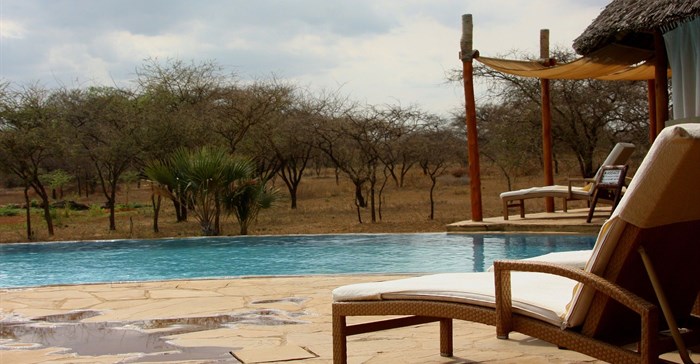From day trips to multi-week adventures, self-catering lodges to luxury tents, the demand for wildlife experiences are increasing as tourism in sub-Saharan Africa grows. As tourist and investor interest grows in this sector, HVS has released a white paper, Learnings From and For Africa's Game Lodge Industry, which brings some peculiarities and challenges of the lodging industry to light and also lists some lessons/best practices for developers.

Image Supplied
“It is interesting to note that the annual increase in absolute visits in room nights and units sold has increased steadily but not at an alarming pace. However, the tourism revenue has increased more than five times (over 16% year-on-year increase), pointing to an effective strategy that can be adopted by national parks and overall by the lodging industry. Visits to national parks cannot be a volume driven approach and hence the rate strategy is very important,” says Rishabh Thapar, senior consultant at HVS, Cape Town.
The volume of visitors to game reserves has always been a topic of debate. Thapar says tourism can actually contribute to the conservation, local communities and the long-term sustainability of game reserves. “There is always a case to manage the visits and still extract the highest yield from tourism activities,” he adds.
Accessibility is key
As travel patterns shift from one long holiday in a year towards multiple short trips, the accessibility of lodges (and the national park itself) from major cities or ports of entry is critical for the lodge industry. The availability of flights, maintenance of airstrips, national highways and motorable tracks within reserves are all crucial factors that impact seasonality in wild life destinations.
Bird’s eye view
Structuring the concessions/land leases is vital and must be investigated as it can be an important factor in determining profitability and return on investment. Factoring an incubation period is essential as these projects require strong funding and are usually not profitable in the initial years of operations.
Looking at the opportunities ahead
Travel trends are, to an increasing degree, not being carved by successful middle-aged or the retired wealthy but by the millennials who are looking for an ‘authentic experience’, not just comfort and luxury. Luxury travel is no longer about pampering and spoiling yourself at a hotel with a heated pool and Egyptian cotton sheets, it’s about ‘experiencing’ the world and moments that are social media worthy.
The African safari experience and the excitement of spotting something natural and unexpected are unique and not available on every continent. The popularity of tourism in the plains of Serengeti, or the dotted landscape of Mara, the vastness of the Kruger National Park, the deltas and deserts of Botswana are examples of this trend.
HVS anticipates this momentum will grow as tourism and connectivity in African wildlife destinations continues, presenting a strong investment potential for passionate developers/wildlife conservationists especially in upcoming wildlife destinations in Africa (reserves of Botswana, Namibia, Rwanda and Zambia among others).
Full copies of this white paper will be available to all delegates attending the upcoming THINC Africa conference, hosted by HVS, taking place on 30-31 August in Cape Town. HVS consultants will be available to discuss the potential of game lodge development and investment and to advise current game lodge owners and management on any challenges they may be facing.































